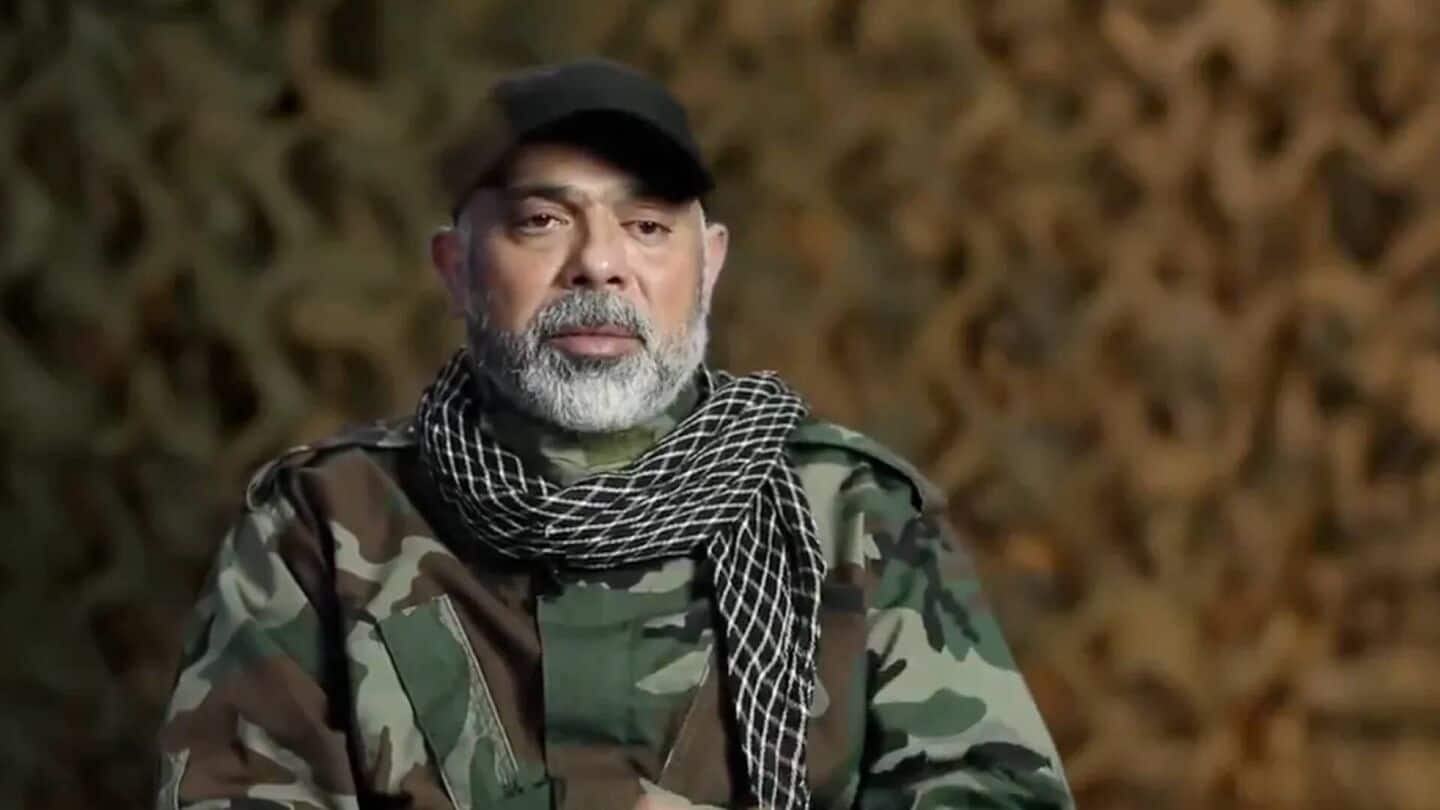
Who was Hezbollah leader Tabatabai, killed in Israeli airstrike?
What's the story
The assassination of Haytham Ali Tabatabai, the chief of staff of Hezbollah, has plunged the Israel-Lebanon border into renewed tensions. The Israeli military confirmed that Tabatabai was killed in a targeted strike on a residential apartment block in Beirut's southern suburbs. Lebanese authorities reported five dead and over two dozen injured in the attack.
Leadership impact
Tabatabai's role and Hezbollah's response
Tabatabai was a key figure in Hezbollah's military operations, especially in Syria and Yemen. His assassination is a major blow to the group's military capabilities. Hezbollah confirmed his death and hailed him as "the great jihadist commander." Mahmoud Qamati, deputy chair of Hezbollah's political council, warned that this could lead to an escalation of assaults across Lebanon.
Historical backdrop
Context of the Israel-Lebanon conflict
The strike comes almost a year after a ceasefire ended over a year of hostilities that began on October 8, 2023. The conflict had left over 4,000 dead in Lebanon and caused an estimated $11 billion in damage. Despite the ceasefire, Israel has continued airstrikes in southern Lebanon, claiming to target Hezbollah members or Palestinians linked to Hamas.
Profile and connections
Tabatabai's background and Hezbollah's international ties
Born in 1968 to an Iranian father and Lebanese mother, Tabatabai was part of Hezbollah's "second generation." He joined the group in the 1980s and held senior roles overseeing operations in Syria and Yemen. The United States designated him a terrorist in 2016 for his role overseeing Hezbollah's special forces activities.
Diplomatic fallout
Beirut's reaction and potential implications
The strike on Tabatabai has drawn condemnation from Lebanese President Joseph Aoun, who accused Israel of violating ceasefire obligations. He called on the international community to intervene and stop attacks on Lebanon. The assassination also comes just before Pope Leo XIV's visit to Lebanon, raising concerns about security arrangements and potential violence.